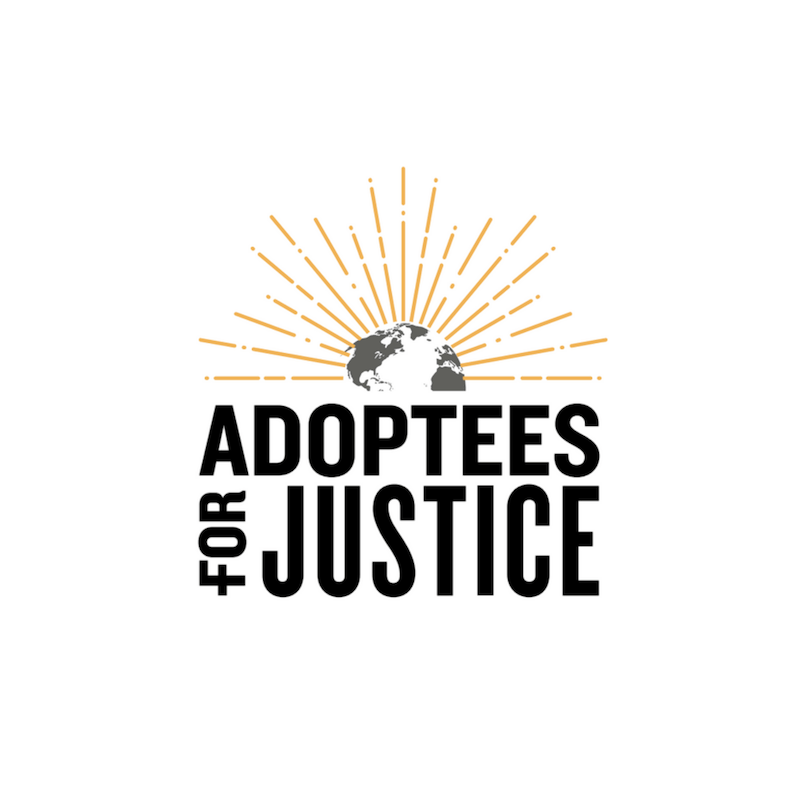Intercountry Adoption and Citizenship
How it started
Since the end of World War II, over Since 1948, over 500,000 children have been adopted from abroad by U.S. citizen parents to create American families with the promise of a safe and prosperous life. Despite becoming legal members of American families, citizenship was not automatically conferred with adoption finalization. This complication, coupled with a significant lack of supervision by the U.S. government, sending countries, and adoption agencies, meant that some adoptees were never granted American citizenship.
The impact
As a result of systemic error, there are legally adopted individuals who were born before February 27, 1983 who do not have U.S. citizenship and are potentially subject to detention and/or deportation. The Child Citizenship Act (CCA) passed in 2000 partially repaired this error – but included a major loophole. It granted automatic citizenship to adoptees who were born after February 27, 1983. It is difficult to estimate the number of directly impacted individuals, as the United States and sending countries did not track adoptees’ relinquishment or acquisition of citizenship. (The exception is the South Korean government, but these numbers do not accurately illustrate the number of adoptees without U.S. citizenship.)
Adoptees For Justice knows of at least 50 adoptees without citizenship who were adopted from 28 countries including Argentina, Brazil, China, Colombia, Costa Rica, Germany, Greece, Guatemala, El Salvador, Ethiopia, Haiti, India, Ireland, Iran, Jamaica, Japan, Mexico, Panama, Peru, Philippines, Russia, Spain, South Korea, St. Kitts, Taiwan, Ukraine, Venezuela and Vietnam.
There are adoptees who were legally adopted by American parents and raised as Americans who have been deported. This has broken up families and forces adoptees to leave their homes for places where they do not know the language or culture, have no support system, and struggle to survive.
The solution
We assert that citizenship is a civil right of all children adopted by a U.S. citizen parent. Children adopted by U.S. citizen parents should have the same rights as biological children of U.S. citizens. This civil right should be protected by legislation that provides automatic citizenship for all adult adoptees whose adoptive parents did not complete the naturalization process while they were children.
Congress, through inclusive legislation, has the power to repair this longtime error.
